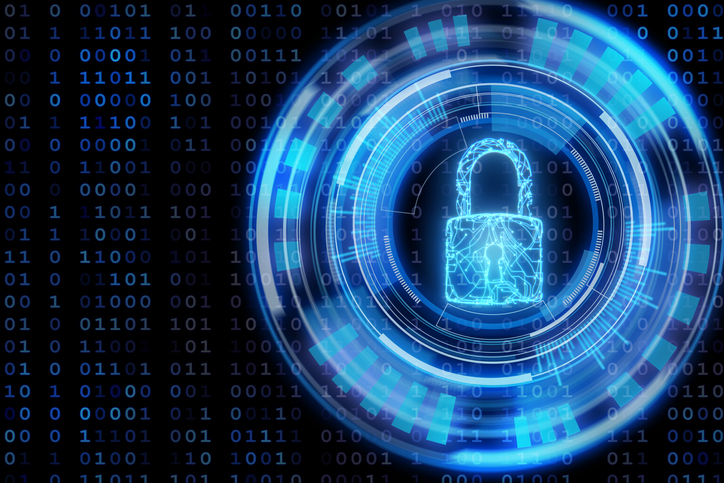UK MP faults continuing use of technology susceptible to cyber-attack in NHS
Although the numbers of computers using Windows XP make up just 0.16% of the NHS IT estate (a decrease from 4.7% in 2017), Jo Platt claims it reflects the lack of resources the government is investing into updating cybersecurity systems. A 2017 report by the National Audit Office directly connected the use of Windows XP with increased cyber weakness. Indeed, Microsoft halted support of the system in 2014. Consequences of cyber-attacks include doctors not being able to view patients’ test results or scans, hackers having access to personal information or even tampering with medical records.
THE LARGER TREND
Platt’s warning followed the report presented by Lord Darzi (co-director of the Institute of Global Health Innovation) to the House of Lords calling for drastic improvements in NHS cybersecurity. He asked for the hiring of more cybersecurity experts into IT teams, integrating “fire-breaks” into networks allowing specific systems to be isolated and having clearer information and advice available on cybersecurity issues. Since the spread of the WannaCry virus produced serious disorders in NHS organisations in 2017 and cost the NHS an estimated £92m, awareness of cybersecurity has increased and the government has pledged that the NHS would update all its devices by January 2020.
ON THE RECORD
Jo Platt emphasised that, “The Government is seriously lacking the leadership, strategy and co-ordination we need across the public sector to keep us and our data safe and secure. How many more warnings will it take before they listen and take action?”
Lord Darzi, co-director of IGHI, noted, “We are in the midst of a technological revolution that is transforming the way we deliver and receive care. But as we become increasingly reliant on technology in healthcare, we must address the emerging challenges that arise in parallel.
“For the safety of patients, it is critical to ensure that the data, devices and systems that uphold our NHS and therefore our nation’s health are secure.”








Gloss